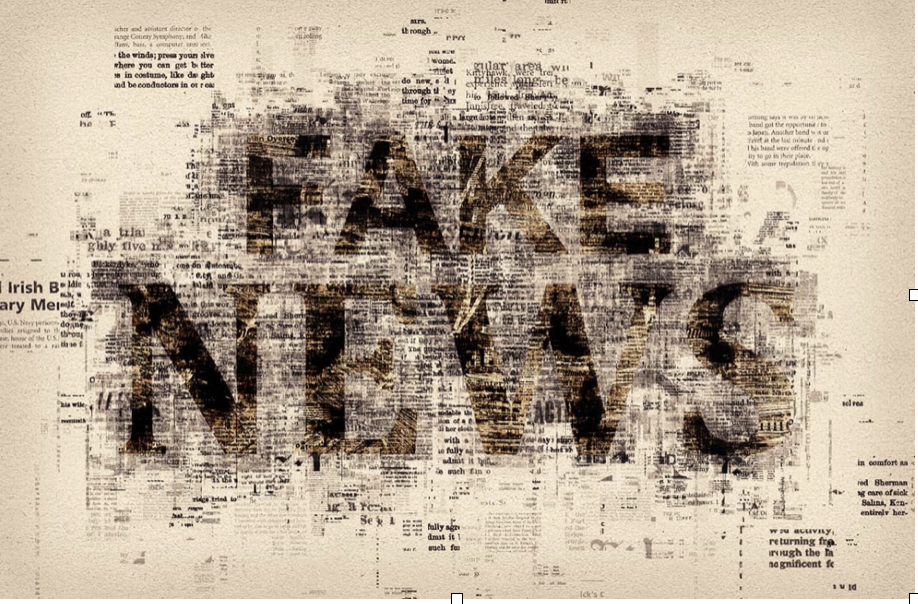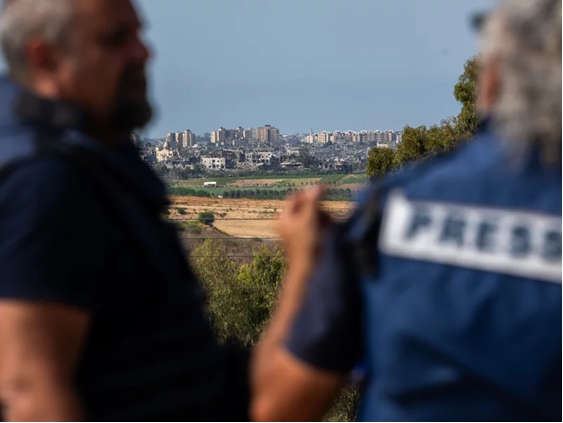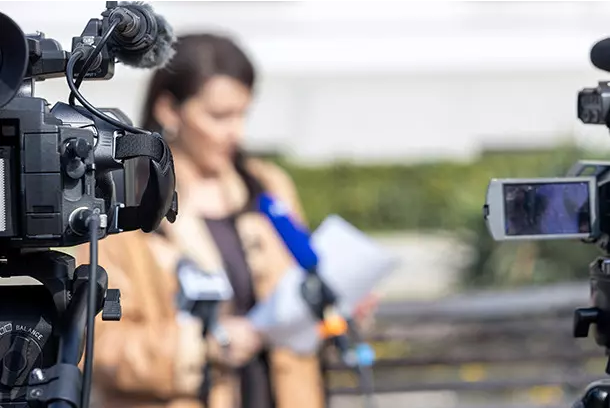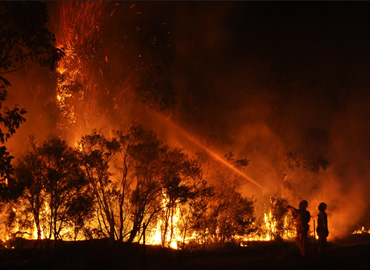Proposals for action to reduce misinformation and improve confidence in the media
Source: Luca de Tena Foundation
By the Editorial Staff
In many countries, including Spain, governments, the media and other institutions, from different points of view at times, are seeking formulas to combat disinformation and reinforce confidence in the media. This concern has given rise to a series of studies and proposals that seek to address this phenomenon in a comprehensive manner. One of the most recent studies in this area has been carried out by Ramón Salaverría, communication researcher at the University of Navarra; Julia Bachmann, expert in media studies at the University of Munich; and Ana Magallón-Rosa, specialist in media literacy at the Autonomous University of Barcelona. The report, published in the journal Índex Comunicación, and entitled Disinformation and trust in the media: proposals for action, recalls that access to reliable information is essential for civic participation and that the media have historically been the main source of this information, but that trust in the media is in decline. The report addresses the causes of this decline in media trust, identifying multiple factors, both internal and external. Internally, deteriorating professional standards and business fragility have negatively affected media reputation. Externally, technological transformation and political polarization have contributed to a negative perception of the media. The emergence of pseudo-media and alternative digital communities, which spread disinformation and hate speech, has also exacerbated distrust. The report suggests several lines of work to be considered in addressing misinformation and finding solutions, emphasizing the need for a multidimensional approach to understanding and mitigating this phenomenon. The key areas indicated by the report are: International geopolitics: the study addresses how disinformation strategies are used in contexts of international interference, affecting the stability of different countries. Technology and the role of artificial intelligence: it analyzes how artificial intelligence generates disinformation and the need to develop technologies that can identify and counteract these threats. Media and information literacy: the importance of educating the population, especially the elderly, to be able to identify and resist disinformation is emphasized. Circulation of disinformation through channels and platforms: the report examines how disinformation spreads through different communication platforms and channels, highlighting the need for more rigorous control. Minorities and vulnerable social groups: it highlights that these groups are particularly susceptible to disinformation, which can exacerbate their vulnerability and marginalization. Electoral processes: disinformation has a significant impact on electoral processes, affecting the integrity and public perception of these democratic events. Science and climate change: how disinformation affects public perception and decision making in relation to science and climate change. (Self-)regulation of the media: the study proposes that the media adopt self-regulatory measures to ensure the veracity and transparency of the information they disseminate. Self-regulation In addition, the need to deepen media self-regulation is highlighted. The report considers it necessary to establish strong self-regulatory mechanisms that contemplate measures such as: Transparency and accountability of the media. A rigorous error correction policy. Greater involvement of readers/listeners/audience advocates in the mediation between media and audiences. “These are the bases on which to establish any subsequent debate on possible vectors of regulation by the competent administrations,” the report points out. In parallel, and from the academic world, the report adds, “it is necessary to continue research on the role of digital platforms and social network algorithms to amplify or mitigate the spread of misinformation and its implications for trust. The development of comparative studies that examine variations in media trust in different countries or cultural contexts may help to better understand the impact of misinformation on political participation, polarization and its impact on democratic processes,” it concludes.






